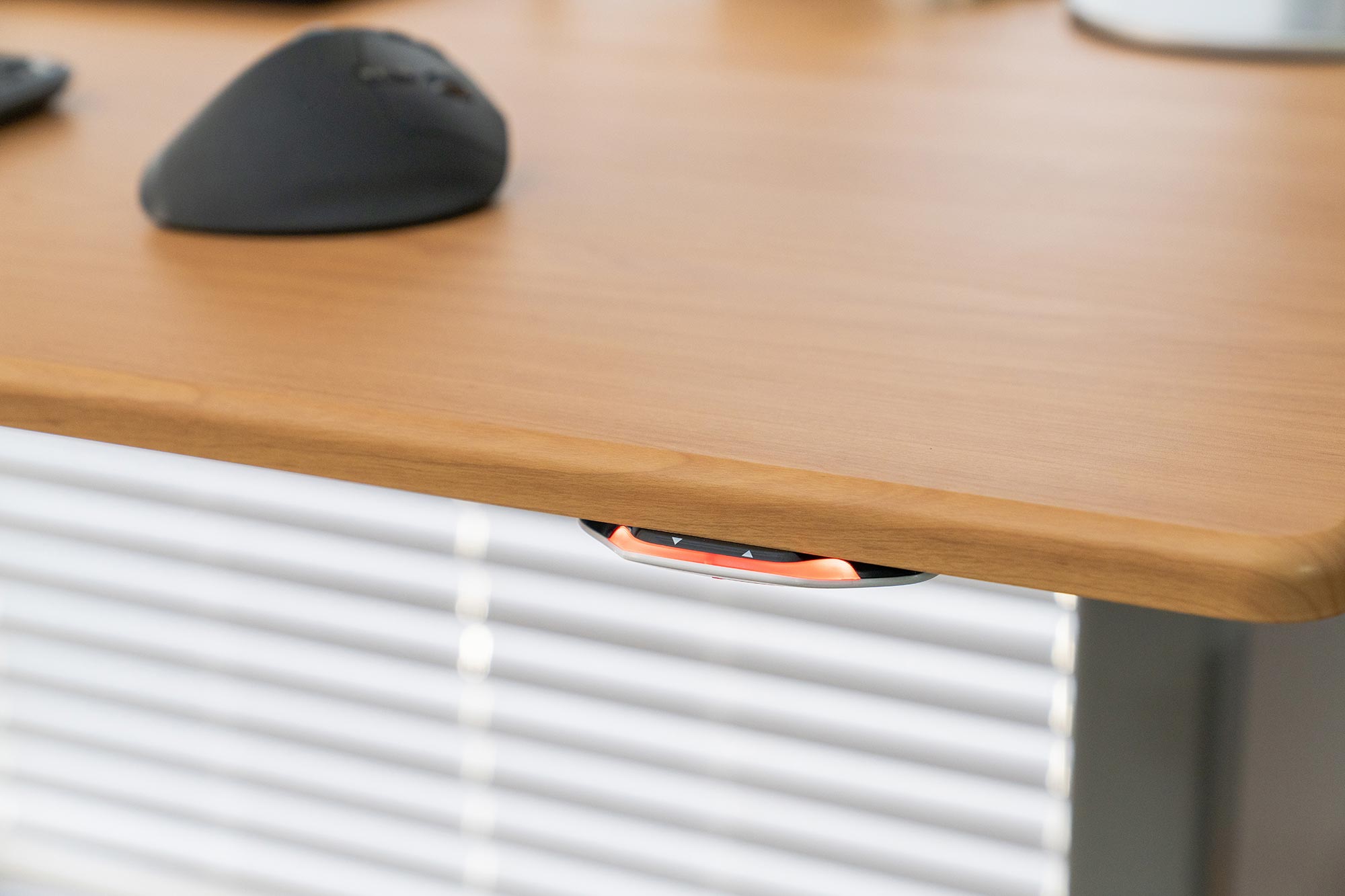by Victoria Lyon, MPH
We all know standing at a desk all day can be physically exhausting, especially for those who are used to sitting for hours on end at work. Weak core muscles, tight hip flexors, poor exercise techniques and weak gluteal muscles can make it challenging for standing desk users to maintain proper posture.
Standing (or sitting) at a desk with poor posture on a regular basis can lead to pain in your neck, shoulders, back, legs, or feet. Here are just a handful of stretches that can be done in an office setting to prevent and relieve pain at your standing desk.
Armed with these stretches, proper posture is just minutes away...













